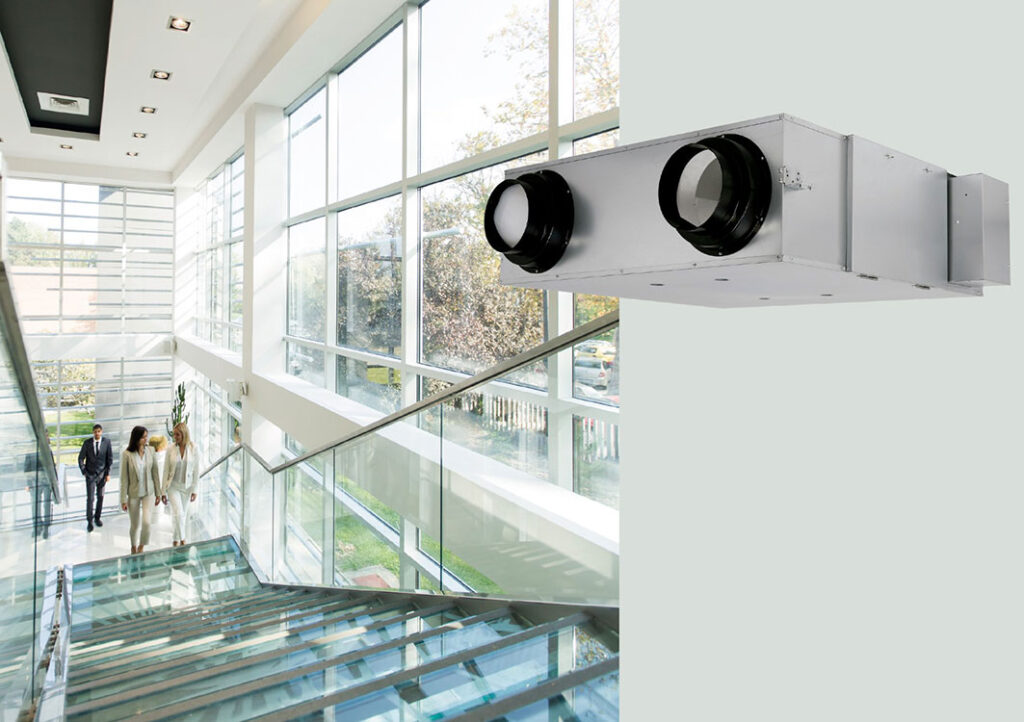Investment in wellbeing set to increase in the built environment

New research from the Urban Land Institute (ULI), a global non-profit research and education organisation focused on the built environment, says that the wave of interest in wellbeing in the United Kingdom is expected to translate into significant investment over the next three years.
The research forms part of the report, Picture of health: The growing role of wellbeing in commercial real estate investment decision-making; a comprehensive survey of leading property experts designed to show how health and wellbeing is influencing investment decisions across the real estate industry.
The report, which focuses on survey responses and interviews with more than 100 investors, developers, fund managers, consultants, valuers and analysts, found that 86% of respondents expect to increase their investment in wellbeing in the next three years, with 17% anticipating this increase to be ‘significant’.
According to ULI, the momentum for the trend is part of wider changes in the workspace towards flexibility and shared space, as well as companies looking for improved office environments as a way to meet the expectations of the younger generations in the competition for talent.
The survey revealed the expected investment will largely be driven by perceived tenant demand rather than investor demand or government policy, as occupiers fight to attract and retain talent across an ever more mobile – and socially-conscious – workforce.
Victoria Lockhart, co-chair of ULI UK’s Sustainability Forum and director of market development at the International WELL Building Institute, said: “The increased interest in health and wellbeing we are already seeing from major players in the real estate industry cements the fact that wellbeing is becoming central to development and investment strategies.”
“As companies seek to attract top talent, wellbeing is increasingly prioritised as fundamental to environmental, social and governance (ESG) factors. Companies are looking closely at the workspaces they offer as well as how the workplace can help translate a company’s values and build a culture of health.”
Five case studies from the report include 22 Bishopsgate and the Broadgate Campus, in London, which already have health and wellbeing placed at the heart of the developments.
The report from ULI UK was sponsored by E.ON and addresses questions about the investment case for incorporating wellbeing into buildings and how to measure its impact. Phil Gilbert, director of Customer Solutions at E.ON, said: “Energy is a vital industry and every aspect of modern life relies on it: our economy, our wellbeing, our work and our leisure. In terms of cost, air quality in our streets and wider carbon emissions ambitions, we must lay the foundations for this change now. As this report sets out, incorporating wellbeing into new and existing building stock and the use of technology and differing energy sources will be crucial to this.”
Source: uk.uli.org




















